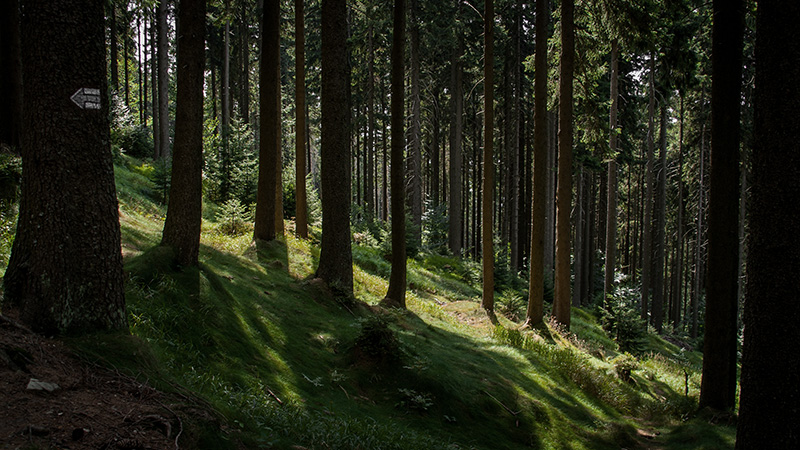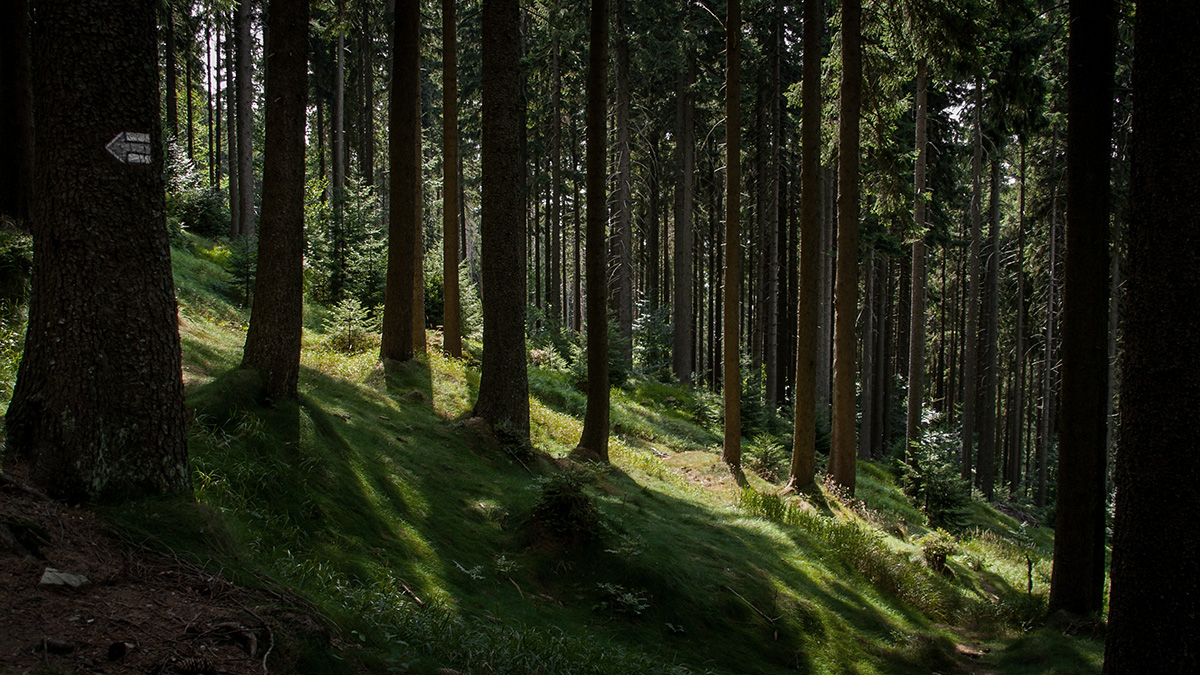The Commission’s proposal for an EU Nature Restoration Law was published in June 2022. There has been intense debate about the proposal during the past year, and its drafting has caused controversy. The votes of the MEPs were divided almost evenly when the Parliament voted on its position on the Nature Restoration Law on 12 July.
The controversial EU Nature Restoration Law moves forward


Konsta Peussa
Related services

The Parliament first voted on rejecting the Nature Restoration Law, but it did not go through: 312 MEPs voted in favour, 324 voted against and 12 abstained. The Parliament adopted its position on the Nature Restoration Law with 336 votes in favour, 300 votes against and 13 abstentions. The votes of the Finnish MEPs were also divided rather evenly as six of them voted against and eight in favour of adopting the proposal.
The proposal is based on the EU Biodiversity Strategy for 2030. The general aim of the proposal is to cover at least 20% of the EU’s land and sea areas by 2030 with nature restoration measures and all ecosystems in need of restoration by 2050. Even though the proposal adopted by the Parliament is lighter than the Commission’s original proposal, the general aim remained the same.
In order to achieve it, the proposal includes binding restoration targets for ecosystems, habitats and species as well as ways to reach these targets. The proposal sets an obligation for Member States to prepare a National Restoration Plan that determines the objects of restoration and restoration measures. The proposal includes both new targets and targets that are based on the current regulation on restoration.
A major amendment was introduced to Article 4 on the restoration of terrestrial, coastal and freshwater ecosystems, as its scope of application was limited to the Natura 2000 sites. Leila Suvantola, Senior Ministerial Adviser, Legal Affairs at the Ministry of the Environment of Finland, stated in an interview given to the Finnish Broadcasting Company that the scope is unclear. Suvantola interprets the Parliament’s decision to mean that other areas outside the Natura 2000 sites have not been completely removed from the scope of application but that the Member States should primarily restore Natura 2000 sites and secondarily other areas. The limitation concerning the Natura 2000 sites, as well as some other aspects of the scope of Article 4 of the National Restoration Law, should therefore be specified further.
The discussion on the Nature Restoration Law continues next in trilogue negotiations where the Parliament, the Commission and the Council are to agree on the final contents of the law. When an agreement is reached in the trilogue negotiations, the proposal can be finally adopted. The Council adopted its position on the proposal on 20 June. Finland voted against the adoption.
After the Nature Restoration Law has entered into force, Finland and the other Member States need to submit a Nature Restoration Plan to the Commission within 24 months, and the plan needs to determine how the restoration targets are intended to be reached. Progress towards reaching the targets needs to be monitored and reported to the Commission. In Finland, there have been particular concerns about the costs of the Nature Restoration Law and its impact on forestry.
The Nature Restoration Law that moves on to the trilogue negotiations is the result of difficult negotiations. Therefore, it includes certain compromises in comparison to the Commission’s proposal of one year ago. The current version aims to take the Member States’ national circumstances better into account by, for example, providing flexibility for the restoration of forest ecosystems.
The legislative procedure of the Nature Restoration Law reflects the impacts of the current geopolitical situation and energy policy issues as some of the priorities of the law have shifted from the emphasis of biodiversity to highlighting the green transition. In practice, the impacts of the Nature Restoration Law will depend on the type of restoration measures the Member States include in their National Restoration Plans.




